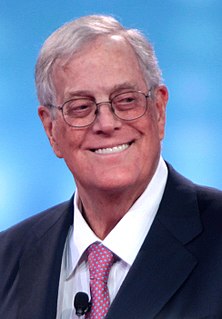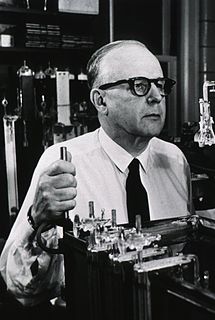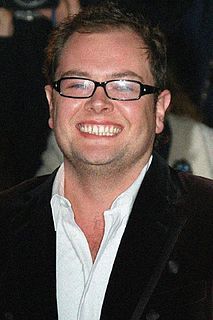A Quote by David H. Koch
The way I look at it is, cancer research is absolutely nonpartisan. Cancer is very democratic in the sense that it attacks people regardless of their race, their gender, their national background, or their political persuasions.
Related Quotes
The field of U.S. cancer care is organized around a medical monopoly that ensures a continuous flow of money to the pharmaceutical companies, medical technology firms, research institutes, and government agencies such as the Food and Drug Administration (FDA) and the National Cancer Institute (NCI) and quasi-public organizations such as the American Cancer Society (ACS).
The man in the street has unfortunately been sold the idea that the breakthrough cure for cancer is just around the corner... The very prospect of effective treatment seems so remote that it doesn't even enter into the speculative day-to-day conversation of people engaged in cancer research... New treatments have not produced any detectable decline in the total annual cancer mortality, even for children.
You know, cancer is bipartisan. I mean, there are so many people whose lives are touched and changed by cancer that people are willing to work together to find cures, find solutions, make lives better for cancer patients. So I think people put politics aside. This isn't a political thing. This is a life issue.
One of the pitfalls about writing about illness is that it is very easy to imagine people with cancer as either these wise-beyond-their-years creatures or these sad-eyed tragic people. And the truth is, people living with cancer are very much like people who are not living with cancer. They're every bit as funny and complex and diverse as anyone else.

































